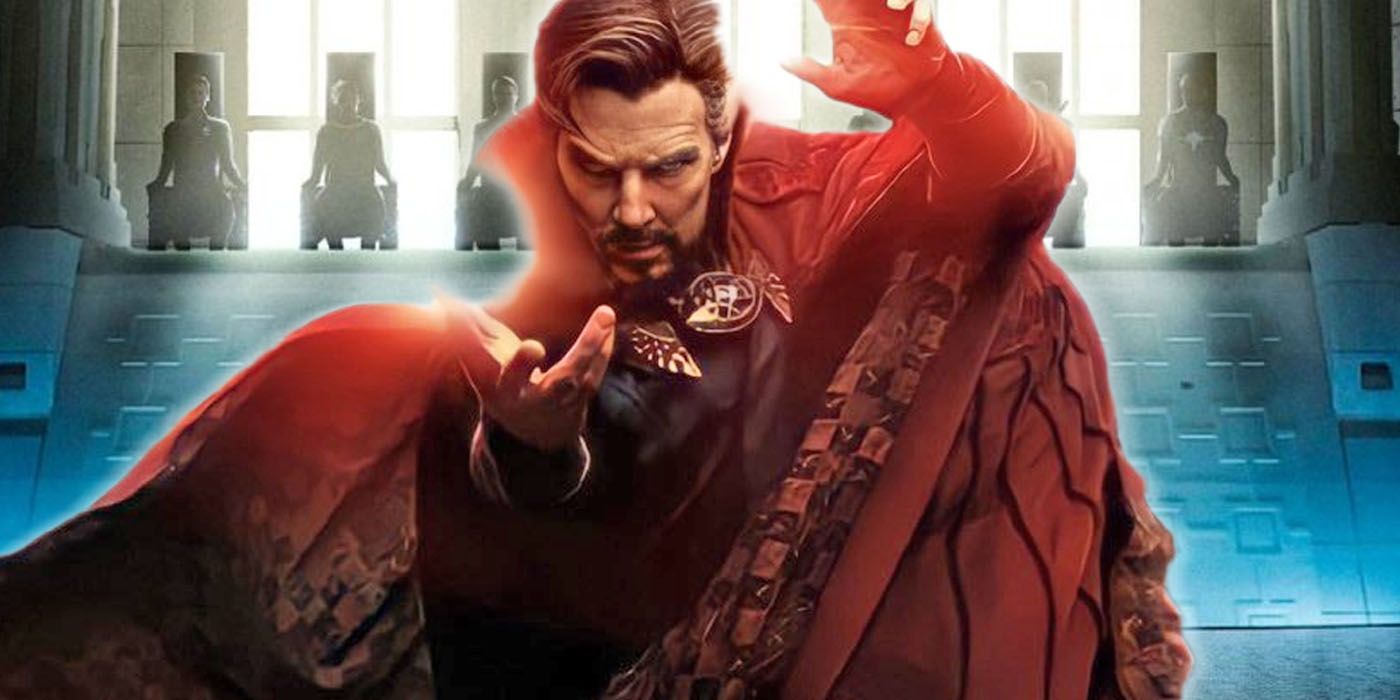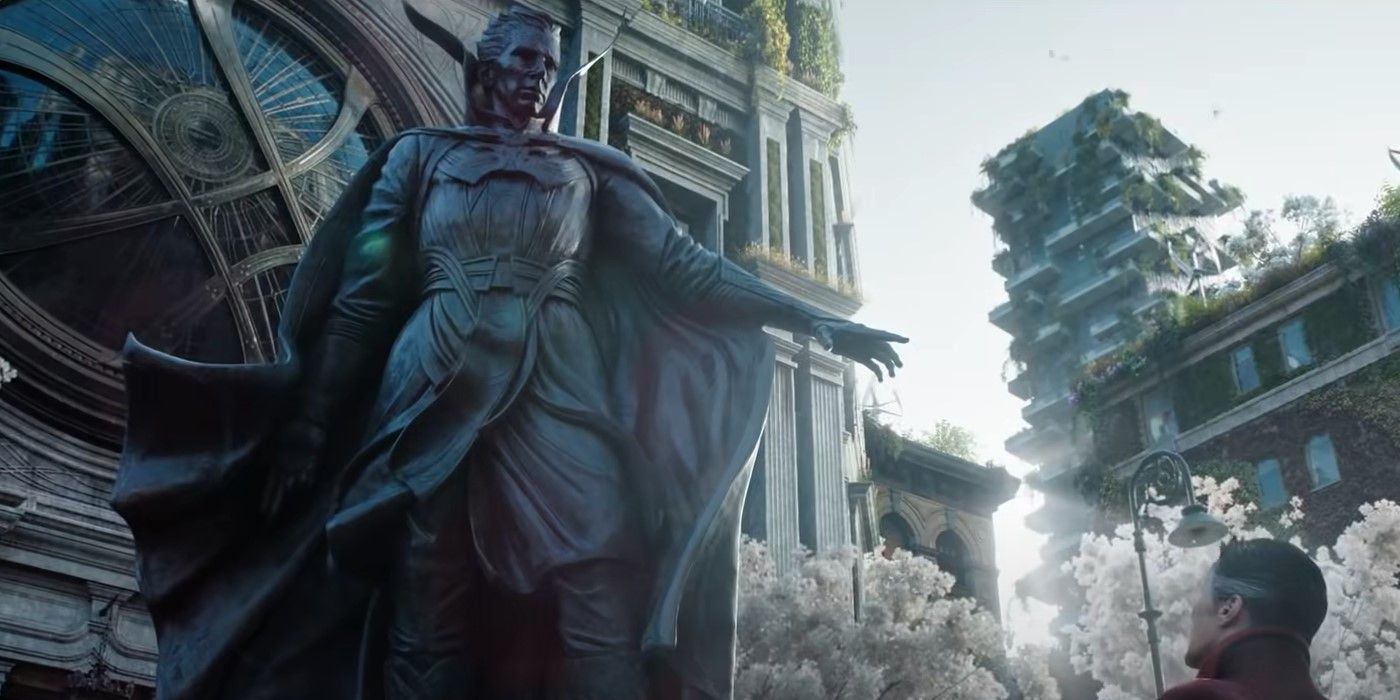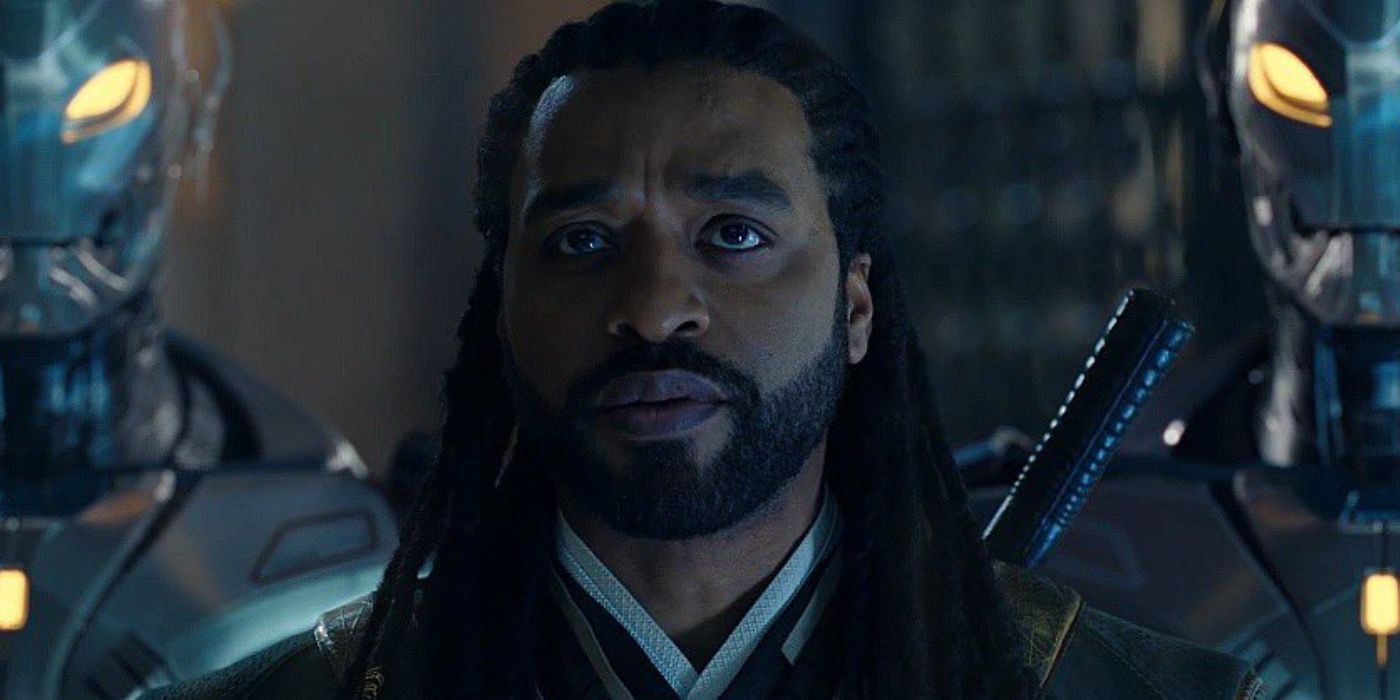Doctor Strange in the Multiverse of Madness has blown a hole in the lore of the Marvel Cinematic Universe with its multiple realities and the concepts that come with them, like incursions. But within these realities are also new variants and teams comprised of those world's heroes. One such example was on Earth-838 with the Illuminati. Consisting of heroes capable of making the hard choices, each member had compromised a percentage of their morals. But Multiverse of Madness showed that the act of murder may have created a divide in this supposedly steadfast team.
When Earth-616's Doctor Strange entered Earth-838, Mordo drugged and apprehended him. As he faced the Illuminati, he learned that these heroes were so caught up in the bigger picture that they failed to see the importance of the moments facing them. The Illuminati claimed that Stephen Strange was the greatest risk to all realities and whether or not they were right, the real problem was how fast some of them entertained the idea of execution. But the reason behind this was because this wasn't the first Strange they had tried to kill.
In their reality, Doctor Strange used the Darkhold to stop Thanos but got corrupted and initiated an incursion. Although they had beaten Thanos to ensure Strange would never risk another incursion, they all decided the best course of action was to kill him using Black Bolt's power. But in that instant, at least half of the Illuminati seemed to have a crisis of conscience while the other half grew stronger in their resolve to do what's necessary.
On one side, Reed Richards seemed to show more empathy than the others at the moment; he knew the value of life, as he had his own family. That was why he tried to reason with Wanda through logic and give her a chance to stop. Meanwhile, Black Bolt showed great remorse after he killed Strange. In a brief moment, he was shown reminiscing and closing his eyes in regret. Finally, Professor X showed his capacity for faith and kindness immediately, as he knew 616's Strange could be trusted to do what's right. But this change had to have grown over time for all three, as killing a friend shouldn't easily get brushed off.
As for the others, Captain Marvel couldn't even look at Strange's death, which may prove that she's capable of following the rules of the Illuminati but would much rather not see the tougher choices come to fruition. She also doubled down on her duty, much like Captain Carter, who resolved that if there's no other way, their choice must be the right one. However, this actively contradicted Steve Rogers' belief of never trading lives. Finally, as Strange mentioned, Mordo likely didn't feel nearly as bad over Strange's death as he made it seem. Or, he was so eager to join the team he was willing to do anything to earn his place, even compromising his moral compass to do what was necessary.
The entire Illuminati sequence was brief, but it set forth a powerful notion that no matter what reality, one characteristic would doom each iteration to failure -- heroism. With Strange's death, the team got divided even though they sat together. Half likely questioned their real purpose, while the other was one bad day from villainy. It proved that the Illuminati would always be temporary as long as real heroes existed.
In the end, Strange's venture to Earth-838 was a cautionary tale about how teams like the Avengers could fall down a dark chasm should logic get in the way of their morals. The Illuminati allowed it for some time but eventually, the light won out for most of them. Funnily enough, those whose lights shined brightest had the most brutal death, while those eager to kill an innocent quickly got wiped from the playing field.



